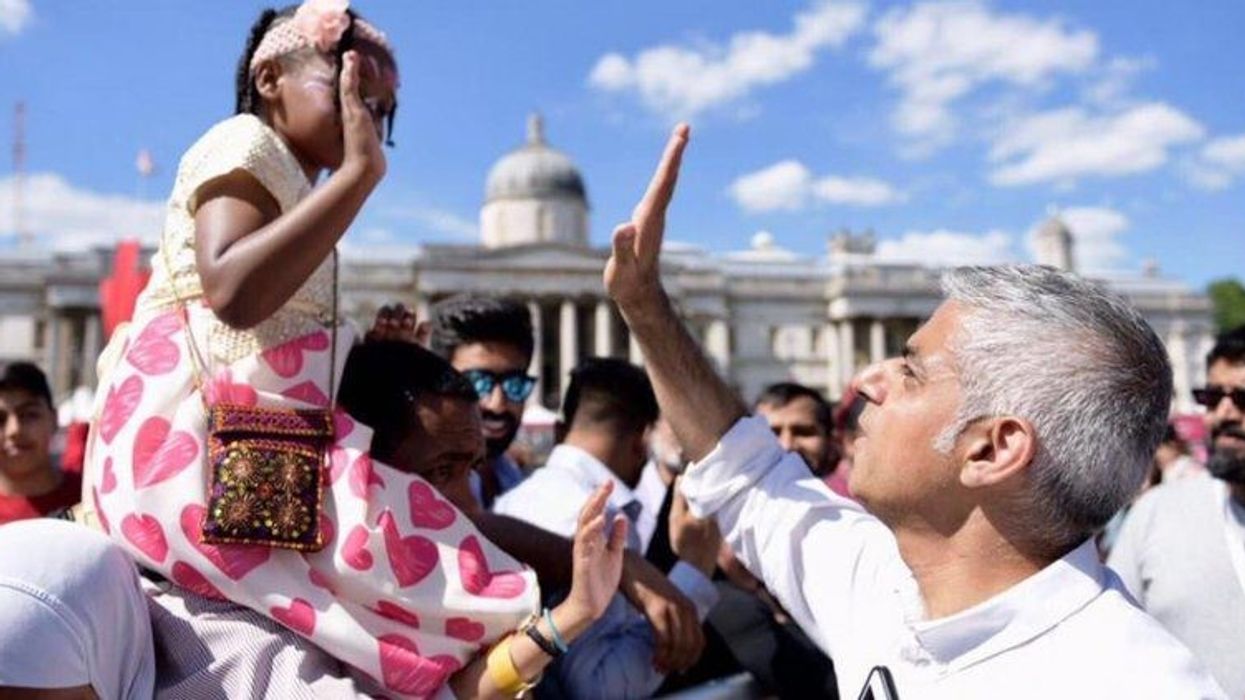The Mayor of London Sadiq Khan today (29) announced emergency funding of over £3.5m to provide 10m free meals to low-income Londoners during school holidays and weekends, expanding the work of the Mayor’s Fund for London and The Felix Project to reach hundreds of thousands of struggling families and children with nutritious meals over the next year.
This new funding follows the mayor’s recent announcement of £130m emergency funding for free school meals for primary school children in London due to the high cost of living, a press release stated.
London's largest food redistribution charity, The Felix Project, has been awarded £2.4m as part of an emergency funding package of over £3.5m announced by Khan.
The funding will help The Felix Project expand its work and deliver free nutritious meals to struggling families and children in need.
The Mayor's Fund for London, an independent charity that champions opportunities for young Londoners, will also benefit from the funding. The mayor is its patron and the charity will use the money to support thousands of 4–25-year-olds with access to food, wellbeing, education, and employment experiences.
According to recent Greater London Authority (GLA) polling, half of Londoners are struggling financially, and Khan has repeatedly urged the government to address the rising cost of living and the issue of children going hungry during school holidays.
This funding will support charities, schools, and grassroots organisations in delivering holiday food and activity programmes throughout London for children and parents of all ages who are most in need.
The Mayor's Fund offers free, nutritious meals to low-income families and young people through over 340 community partners and 80 hubs, where food is provided alongside various school holiday activities.
On the other hand, the Felix Project collects surplus food from multiple suppliers and distributes it to almost 1,000 charitable organisations and schools that support the needy.
An additional amount of £425,000 is being granted to The Felix Project to enhance its capabilities and facilitate food delivery on Saturdays, in addition to weekdays, throughout the entire year.
This expansion will enable around 100 new charitable organisations on their waiting list to receive food supplies, and support The Felix Project in delivering an extra 20 tonnes of food every weekend.
As a result, approximately 2.5-3m meals can be produced over the next year. The funding is expected to assist the charities in reaching the most vulnerable individuals in London.
However, the Mayor emphasises that the Government should also come forward with funding to ensure that even more children across the country can access free school meals during the holidays.
According to Khan, low-income individuals in London are being disproportionately impacted by the rising cost of living, and it is distressing that numerous people are struggling to afford food.
He said, “I have repeatedly called on the Government to do more to help those in need and support families during the school holidays, but they have not provided the assistance that is urgently needed. That’s why I’m stepping in today with a major new emergency funding package that will provide around 10m free holiday meals to hundreds of thousands of Londoners most in need.”




